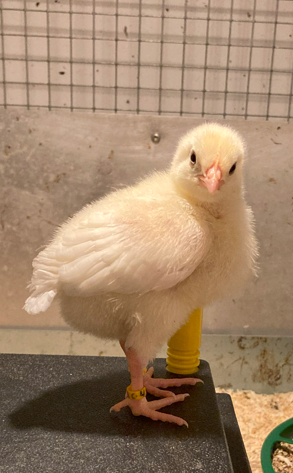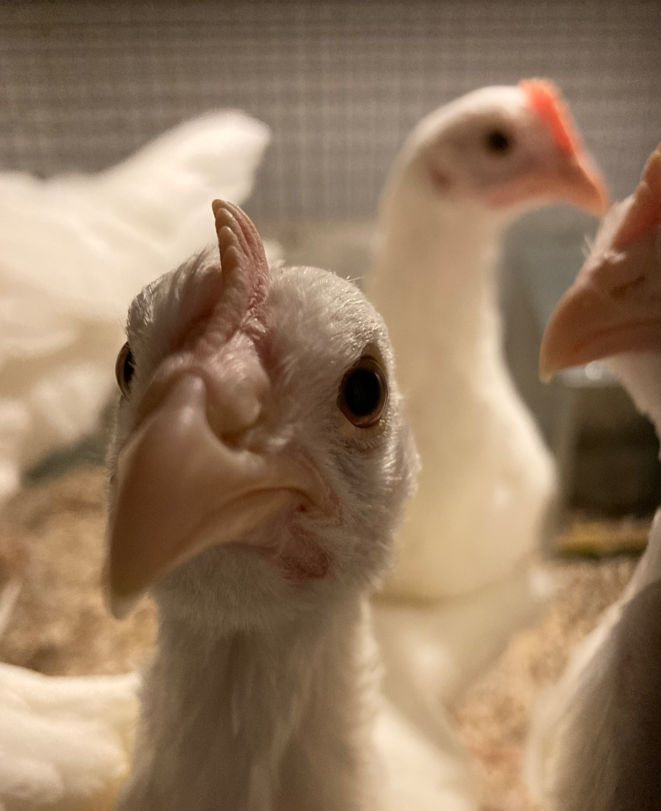Background
INTRODUCTION & Definition

Play behaviour is a widespread phenomenon in the animal kingdom, but its potential functions and underlying mechanisms are still not well understood. It is defined as voluntary, self-rewarding, repetitive behaviour that is not immediately useful or productive (Bekoff & Fagen, 1981). It involves motor skills, social interaction, and exploration of the environment (Bekoff and Byers 1981). Additionally, in play situations, movements are often exaggerated and repeated with fragmented or disorganized motor sequences.
3 Types Of PLAY BEHAVIOURS
In the literature, three main play-related behaviours have emerged: social play, object play, and locomotor play, mostly occurring when the animal is considered relaxed, and its basic needs are met. Therefore, play behaviours are often considered a positive indicator of animal welfare (Held 2011).

Aims
The aim of this study is to investigate the short-term effects of play stimulation in commercial hatchery stressed chickens and their possible impact on their welfare examining whether play stimulation influences :
- Chickens’ attitudes
- Activity levels
- Anxiety
- Willingness to explore
- Blood corticosterone levels